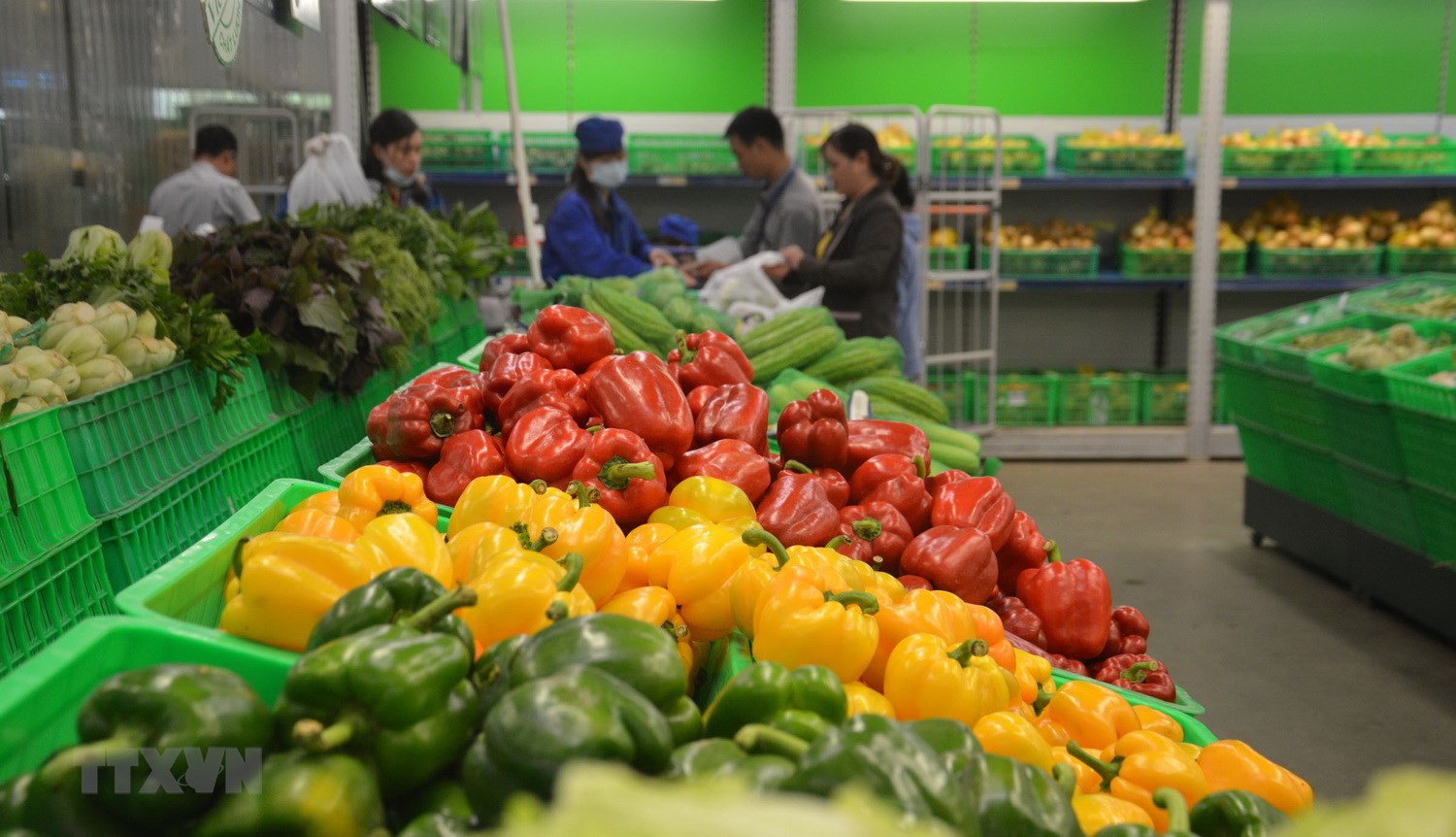The News
Assessing the potential of vegetables and fruits exported to Malaysia
Malaysia is an industrialized and developed country in services. In agricultural production, oil palm is the main contributor to GDP, followed by other agricultural sectors, such as animal husbandry, fishing, forestry, mining and wood processing. Due to the development of industry, Malaysia has a great demand to import food items, such as rice, coffee, vegetables, tubers, fruits, seafood, confectionery... with a value of more than 50 billion Ringgit per year.
Malaysia is an industrialized and developed country in services. In agricultural production, oil palm is the main contributor to GDP, followed by other agricultural sectors, such as animal husbandry, fishing, forestry, mining and wood processing. Due to the development of industry, Malaysia has a great demand to import food items, such as rice, coffee, vegetables, tubers, fruits, seafood, confectionery... with a value of more than 50 billion Ringgit per year.
Malaysia is an industrialized and developed country in services. In agricultural production, oil palm is the main contributor to GDP, followed by other agricultural sectors, such as animal husbandry, fishing, forestry, mining and wood processing. Due to the development of industry, Malaysia has a great demand to import food items, such as rice, coffee, vegetables, tubers, fruits, seafood, confectionery... with a value of more than 50 billion Ringgit per year.

Additionally, Malaysia is a fairly large market with a population of more than 32 million people and a high per capita income. Malaysia has implemented an open trade policy and is a highly competitive economy in the world. Therefore, it is considered as a potential market for foreign enterprises to export agricultural products, especially vegetables and fruits.
Currently, there is strong competition in the import market of Malaysia's fruit and vegetable products with participation from some countries such as Australia, New Zealand, United States, China, South Africa, Pakistan, India and some ASEAN countries including Thailand, Indonesia, and Myanmar.
According to data from Department of Statistics Malaysia, Malaysia's total import turnover of fruit and vegetable reached US$1.93 billion in 2021. Viet Nam ranked 11th in the Malaysian market, accounting for 2% of the market share, equivalent to a turnover of 39.6 million USD. The three countries with the largest market share in the Malaysian market are China (38.8% market share, equivalent to about $ 750 million in turnover), Thailand (8% market share, equivalent to about 156.5 million USD in turnover). and South Africa (7.3% market share, equivalent to a turnover of about 141.5 million USD).
According to data from the Viet Nam Customs, in the first nine months of 2022, Viet Nam's fruit and vegetable exports to Malaysia reached $32.7 million, up 3% over the same period in 2021.
To penetrate and build a position in Malaysia, Vietnamese businesses need to pay attention to the certifications, laws and quite strict requirements of this market. The first one is about Halal certification. Although this is an optional certification, Malaysia is a Muslim-majority country, and products with Halal certification will have more opportunities to penetrate the market.
In addition, food import activities into Malaysia need to comply with Malaysia's Food Act 1983 and food regulations 1985 with regulations on: food standards, food hygiene and food import and export, and food advertising. Moreover, Vietnamese businesses also need to comply with the requirements on packaging and labeling of goods in the Malaysian market./.


